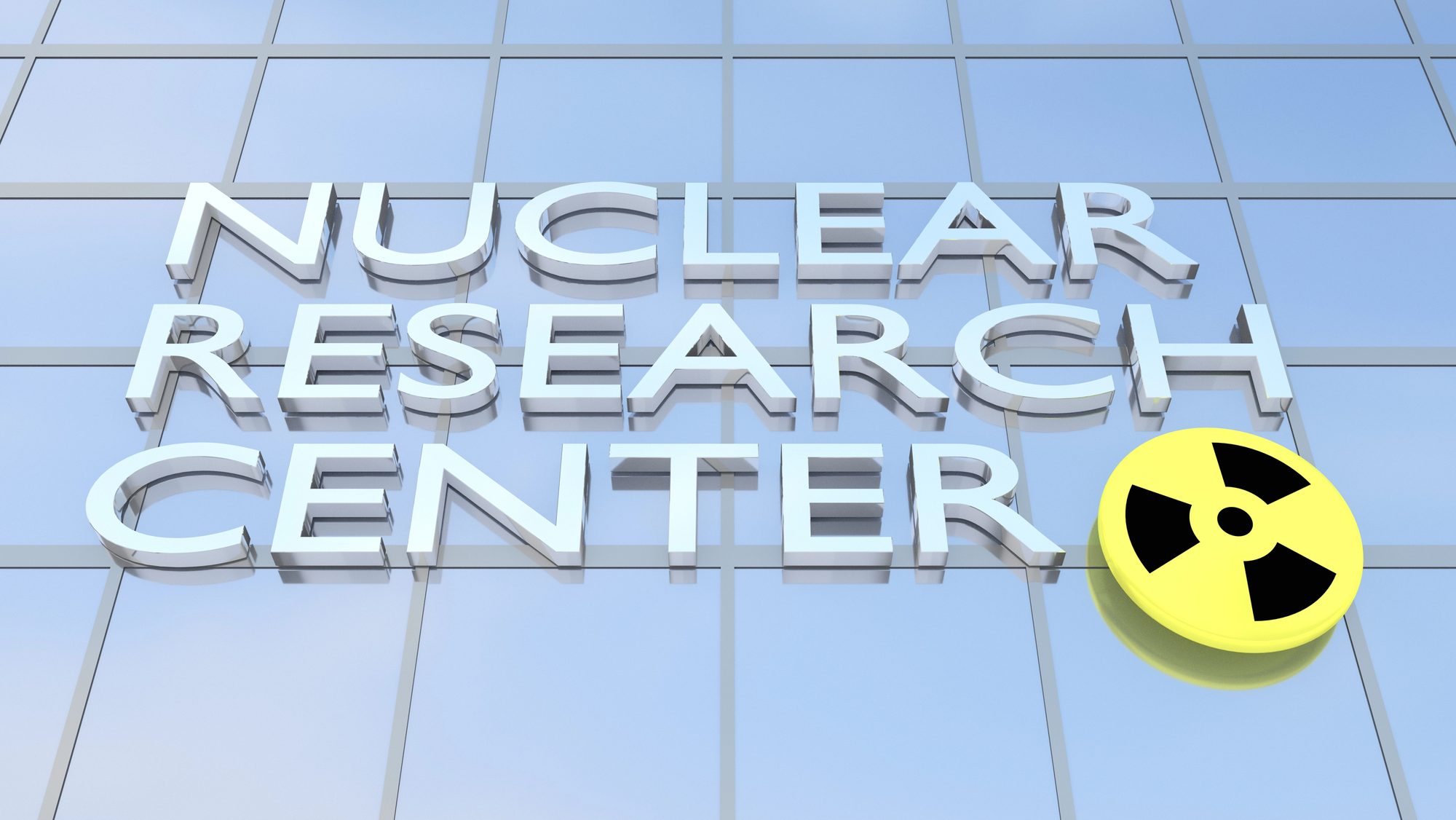SINGAPORE: While Singaporeans have praised the recent SG-US agreement to nuclear research as “another good step forward,” some express concerns about potential risks.
On July 31, Singapore and the United States signed a 30-year agreement allowing Singapore access to the latest nuclear technologies and scientific research from American organisations, as reported by The Straits Times.
Foreign Minister Vivian Balakrishnan and US Secretary of State Antony Blinken signed the 123 Agreement on Nuclear Cooperation during Mr Blinken’s visit to Singapore.
Authorities clarified that no decision had been made on deploying nuclear energy. The focus is on understanding and evaluating advanced nuclear technologies to explore their feasibility.
“Current conventional nuclear technologies are not suitable for Singapore. But given advances in civil nuclear technology, we need to stay abreast of breakthroughs in this rapidly evolving field,” said Dr Balakrishnan at the signing.
The agreement will grant Singapore access to information and technological expertise, fostering deeper engagements with US civil nuclear experts.
This is part of the US’s network of agreements on peaceful nuclear cooperation, allowing the transfer of significant nuclear material or equipment to partner countries. The US Nuclear Energy Institute noted that such exports require a bilateral agreement.
Singapore will join the US Department of State’s Foundational Infrastructure for Responsible Use of Small Modular Reactor Technology (First) programme. This initiative helps partners understand small modular reactors (SMRs) and other advanced nuclear technologies.
SMRs are considered more suitable for Singapore due to its land scarcity and high population density. With the country’s lower power capacity needs, enhanced safety standards, and smaller buffer zone requirements, SMRs fit better than conventional reactors.
The Ministry of Sustainability and the Environment (MSE) and the Ministry of Trade and Industry (MTI) issued a joint statement on July 31, noting that any decision to deploy nuclear energy in Singapore will require detailed studies on safety, reliability, affordability, and environmental sustainability.
Under the First programme, Singapore will gain access to a network of US nuclear energy entities, including the US National Laboratories, and engage with countries developing new nuclear technologies to build its capabilities.
“This agreement builds on the longstanding civil nuclear collaboration between (the) United States and Singapore and outlines a comprehensive framework to deepen peaceful nuclear cooperation based on a mutual commitment to nuclear non-proliferation,” both governments stated.
The agreement has generated mixed reactions online, with many viewing it as a positive development for Singapore’s energy future.
One commenter remarked, “It’s a possible first step for Singapore’s own nuclear reactor,” while another expressed strong support, saying, “If it lowers our electricity bills and allows us to have island-wide air-conditioning, I’m 110% for nuclear.”
“Another good step forward,” another commenter added.
Some see the push for nuclear energy as crucial for Singapore’s clean energy goals. “Would be a very important step if we want to go clean, green, and heavy on the electrification of our infrastructure,” a commenter added.
However, while no decision has been made on deploying nuclear energy, concerns about its risks persist. Given Singapore’s small size, some worry about potential safety issues.
One netizen commented, “Our island is so small, unless they build it in the middle of the sea some of us are gonna be in the danger zone.”
Another raised concerns about handling potential disasters, saying, “I’d like to know what our plan is in case of a meltdown. We have no hinterland unlike the US, Russia, or Japan.” /TISG
Read also: Singapore to build pool of about 100 nuclear energy experts
Featured image by Depositphotos

